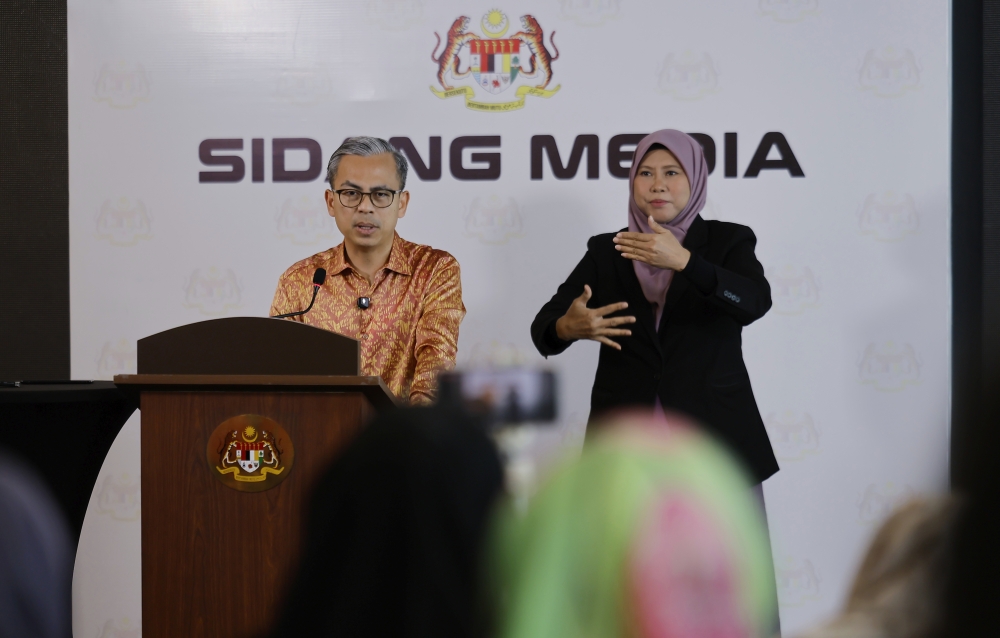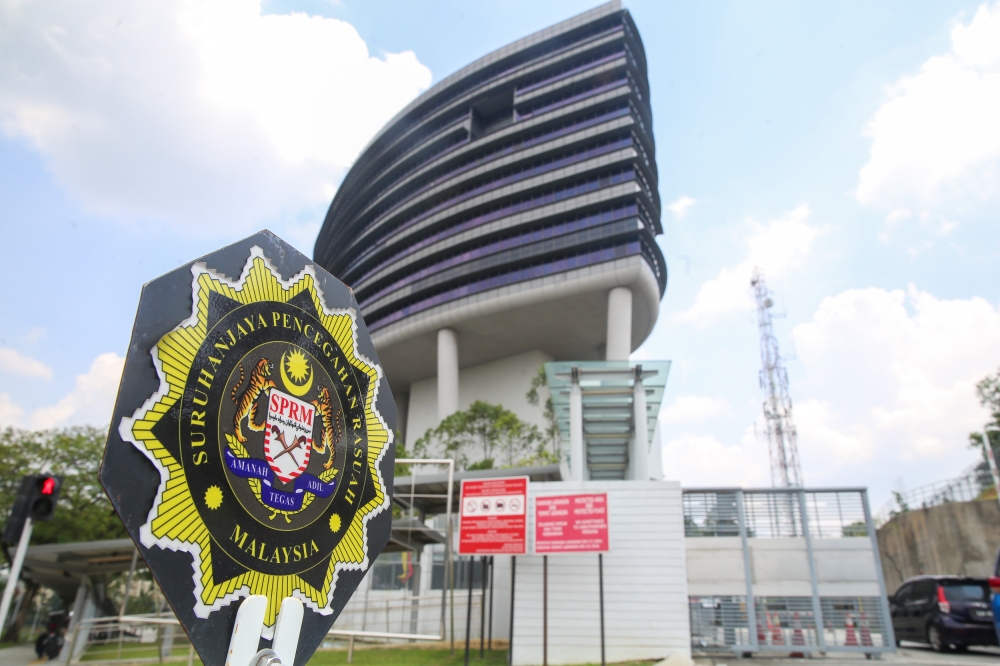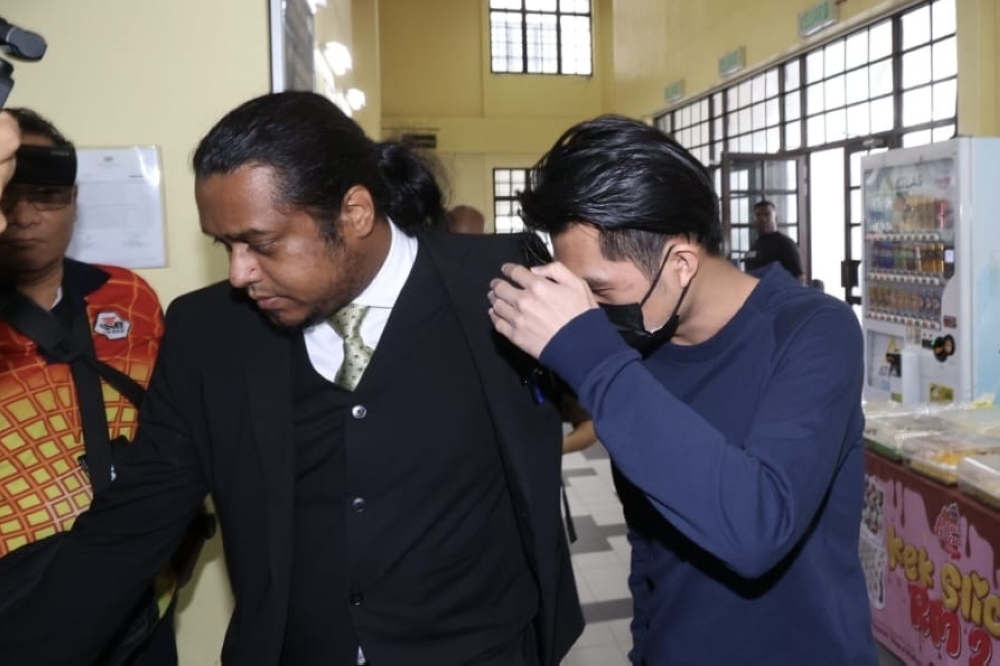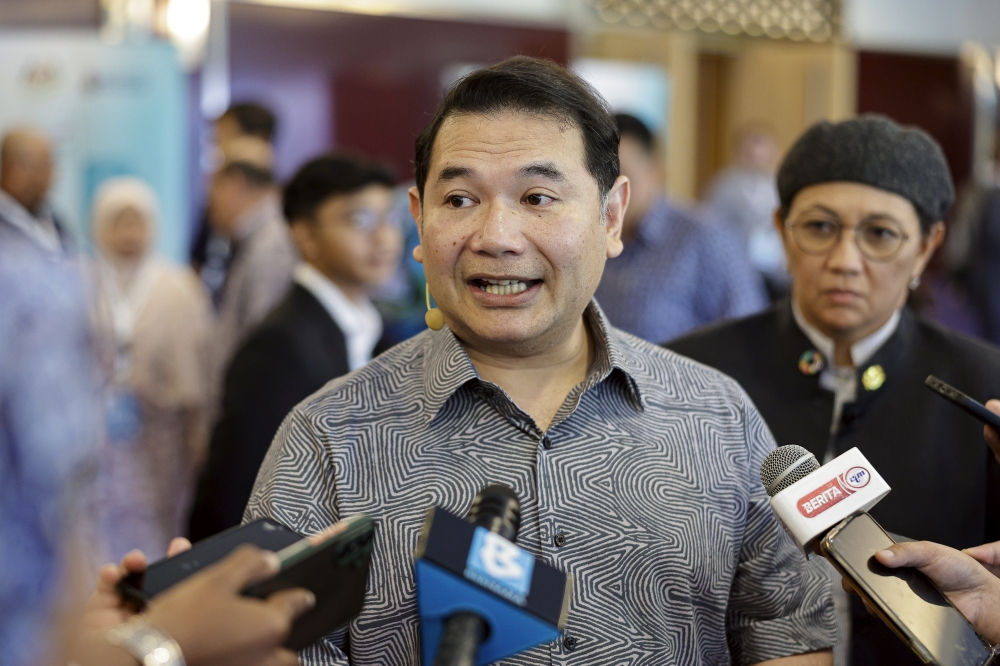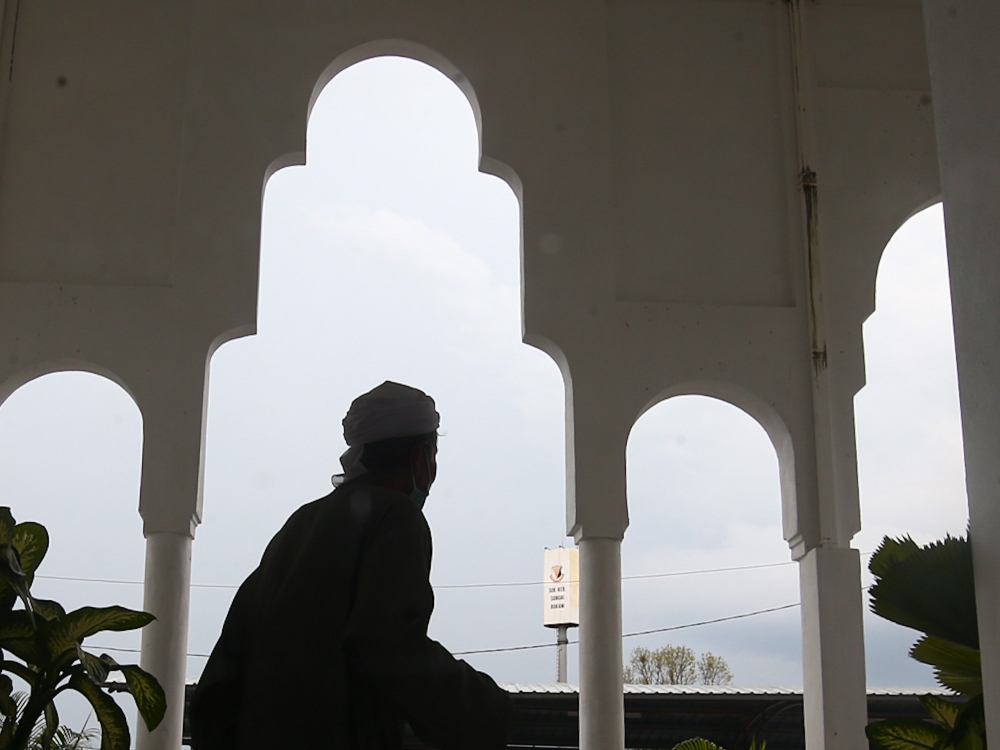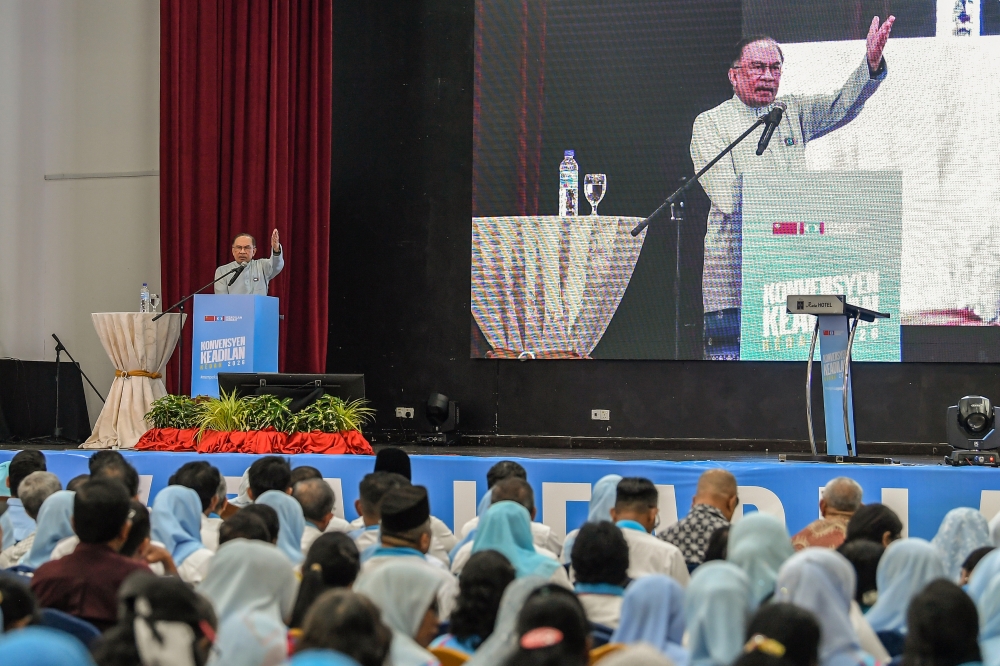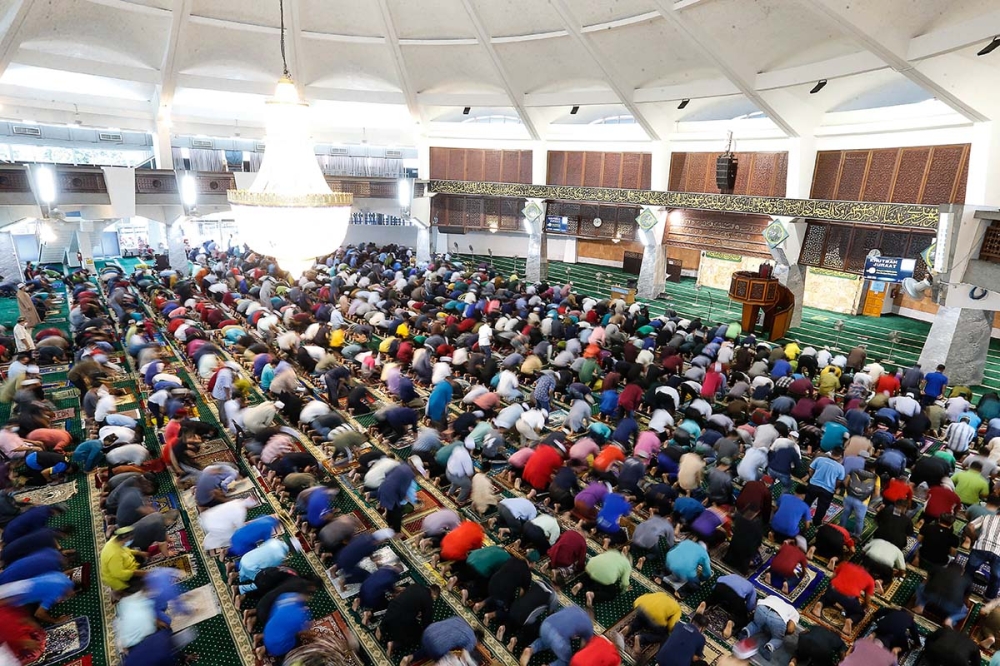KUALA LUMPUR, March 16 — A total of 54 federal and state lawmakers from Sabah and Sarawak have come together in a bipartisan effort to ask the federal government to discontinue its appeal against the High Court’s quashing of a decades-old government ban on the word “Allah” in Christian publications.
In a joint statement, the lawmakers also urged for a national reconciliation and for the government to let the High Court decision stand in order to see an end to the pain felt by the local Christian community — especially in Sabah and Sarawak — who mainly speak Bahasa Malaysia and their indigenous languages — languages which use the word “Allah” to refer to God.
“We call upon Prime Minister Muhyiddin Yassin to withdraw the Federal Government’s appeal against the High Court’s decision, so that the 35-year-old polemic and the pain felt by so many Sabahans, Sarawakians and Orang Asli may finally end. It would be a positive legacy for the prime minister.
“We call upon all political parties to not exploit the High Court’s decision for narrow political mileage. Let this be a closure for all and a step forward in national reconciliation so that we meet Allah’s plan that makes us different for us to know and love each other,” the lawmakers said in the statement.
The statement was signed by 18 members of the Dewan Rakyat and four members of Dewan Negara who are all from Sabah and Sarawak, nine Sabah state assemblymen and 23 Sarawak state assemblymen, with representation from 10 parties — Parti Pribumi Bersatu Malaysia (Bersatu), Sarawak’s Parti Pesaka Bumiputera Bersatu (PBB), Sarawak’s Progressive Democratic Party (PDP), Parti Rakyat Sarawak (PRS), Sarawak United Peoples’ Party (SUPP), Parti Sarawak Bersatu (PSB), Parti Warisan Sabah, United Progressive Kinabalu Organisation (Upko), DAP and PKR, as well as independents.
The statement was signed despite the lawmakers being on opposing political alignments, with Bersatu, PBB, PRS, SUPP and PDP part of the ruling Perikatan Nasional (PN) administration, while the rest are part of the federal opposition.
In the same statement, the 54 lawmakers from Sabah and Sarawak said the 1986 ban by the federal government was an ignorant and arrogant move by peninsula Malaysia — or Malaya as it was formerly known before the formation of Malaysia together with Sabah and Sarawak in 1963 — to decide how the east Malaysians should live.
The Sabah and Sarawak lawmakers explained that the popularity of Bahasa Malaysia among Christians in the two states was an outcome of the National Language Act 1967, the National Language Policy and the National Education Policy, which had reversed the decline of the language during the colonial years.
“Christians who use ‘Allah’ and other common religious words shared with Muslims are predominantly Borneans and Orang Asli, who speak Bahasa Malaysia as their second or first language, just like Christian Bataks, Dayaks, Ambonese, Timorese in Indonesia who speak Bahasa Indonesia as their second or first language.
“In Sarawak, Bahasa Iban uses ‘Allah Taala’, Bahasa Bidayuh uses ‘Tuhan Alla’ while the Lun Bawangs, Lun Dayehs and Kelabits use the term ‘Tuhan Allah’ for God,” the statement said, referring to various indigenous communities in Sarawak.
“Muslims in Sabah and Sarawak are supportive of and never feel threatened by their Christian siblings, cousins and friends praying to Allah, the one God in all Abrahamic faiths,” the lawmakers said.
“Muslims and Christians praying in Allah in mosques and churches will not cause apostasy of Muslims. The best evidence — Muslims constitute near or more 90 per cent of population in the Arab countries and Indonesia, despite Muslims and Christians share ‘Allah’ and other religious terms for respectively 1,442 years and 476 years,” they added.
“The 1986 Federal Cabinet’s decision to deny non-Muslims the right to pray to Allah was an oversight caused by political pressure by some insecure Malayans who were both ignorant of Sabah and Sarawak and arrogant that Malayans could decide how Sabahans and Sarawakians, both at home and in the Peninsula should live their life. These self-centric Malayans refuse to accept that Malaysia is an equal partnership of Malaya, Sabah and Sarawak,” they added.
The lawmakers went on to say that the High Court’s decision last week will not cause proselytisation on or apostasy of Muslims, which they said was a “false fear” that some “Malayans” or those in peninsula Malaysia were trying to “monger”.
“The High Court’s decision is merely correcting an injustice suffered by Sabahans, Sarawakians and Orang Asli caused by some Malayans’ insecurity, ignorance and arrogance,” they said.
The lawmakers said the High Court’s decision is a “victory for Malaysia” which would make the country’s union stronger, and noted that it would enable Sabahan, Sarawakian and Orang Asli Christians to pray freely just as their Dayak Christian counterparts in Indonesia.
“The High Court’s decision is also a victory for Bahasa Malaysia as national language and all its speakers, and a respect for the speakers of Bahasa Iban, Bidayuh, Lun Bawang, Lun Dayeh and Kelabit, languages of heritage in the land of Borneo,” they added.
The word “Allah” is Arabic for God and had been adopted into the Malay language, and had been used for generations by Malay-speaking Christians in the country, especially those living in Sabah and Sarawak.
The Christian Federation of Malaysia had in 2013 explained the historical and continued usage of the word “Allah” in the Malay language for hundreds of years by Malaysian Christians who speak the language, including the Bumiputera communities in Sabah, Sarawak and peninsula Malaysia and the Baba Nyonya community.
Such usage has been ongoing for hundreds of years before the government ban was introduced in 1986.
On March 10, the High Court in Kuala Lumpur ruled that the government directive via a December 5, 1986 circular issued by the Home Ministry’s publications control division was unlawful and unconstitutional. This government directive was the one which had banned the use of the word “Allah” in Christian publications.
This declaration — which found the 1986 ban to be unconstitutional — was one of three court orders granted by the High Court in Sarawakian native Jill Ireland Lawrence Bill’s court case.
The two other orders granted by the High Court included a declaration under the Federal Constitution’s Article 8 that Jill Ireland is guaranteed equality of all persons before the law and is protected from discrimination against citizens on the grounds of religion in the administration of the law ― specifically the Printing Presses and Publications Act 1984 and Customs Act 1967.
The High Court also declared that it is Jill Ireland’s constitutional right under the Federal Constitution’s Article 3, 8, 11 and 12 to import publications in exercise of her rights to practise religion and right to education.
The publications mentioned by the judge were in reference to eight educational compact discs (CDs) that Jill Ireland had in 2008 brought back to Malaysia from Indonesia for her own personal use, but which the Home Ministry had seized and which had led to the Sarawakian Bumiputera Christian’s court challenge to review the government’s actions.
Jill Ireland, who is a Malaysian citizen of the Melanau tribe in Sarawak, had received her schooling in the national language Bahasa Malaysia and uses the same language in her practice of her Christian faith, besides also relying on Christian materials in Bahasa Indonesia in the practice of her faith.
Yesterday, the federal government through the Attorney General’s Chambers gave notice that it was appealing the High Court’s decision, by filing a notice of appeal at the courts.
In the notice of appeal, both the Malaysian government and the Home Ministry were listed as appellants, while Jill Ireland was named as the respondent._10032021.jpg)




